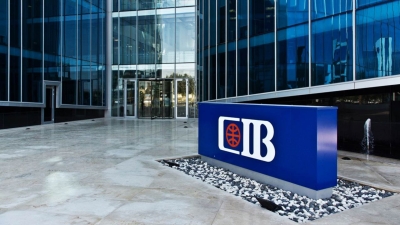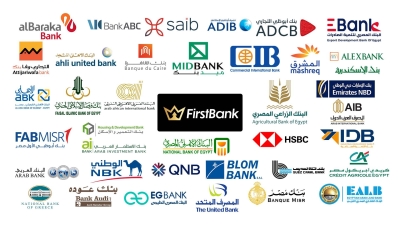A new threat to global monetary facilitation, U.S's inflation rate rises for the first time in 7 months

U.S. consumer prices increased as expected in October, and progress towards low inflation has slowed since mid-year, which could result in fewer interest rate cuts from the Federal Reserve next year.
The consumer price index rose 0.2% for the fourth straight month, the Labor Department's Bureau of Labor Statistics said on Wednesday. In the 12 months through October, the CPI advanced 2.6% after climbing 2.4% in September.
Statistics said on Wednesday. In the 12 months through October, the CPI advanced 2.6% after climbing 2.4% in September.
Economists polled by Reuters had forecast the CPI gaining 0.2% and increasing 2.6% year-on-year.
The up-tick in annual inflation also reflects last year's low reading dropping out of the calculation.
Frustration over inflation helped to propel Republican Donald Trump to victory in last week's presidential election, defeating Democratic Party candidate and Vice President Kamala Harris.
Economists are, however, forecasting higher inflation next year if Trump forges ahead with his economic policies, including tax cuts and higher tariffs on imported goods. He has also vowed mass deportations of undocumented immigrants, which economists say will shrink labor supply, raising costs for businesses that are then passed on to consumers.
Though the U.S. central bank is expected to cut interest rates again in December, economists see the scope for more cuts next year as limited. U.S. Treasury yields have surged as investors expect the president-elect's policies will proceed unhindered, with Republicans controlling the U.S. Senate and on the verge of clinching the House of Representatives.
The annual increase in inflation has slowed considerably from a peak of 9.1% in June 2022, but remains above the Fed's 2% target. The central bank last week cut its benchmark overnight interest rate by 25 basis points to the 4.50%-4.75% range.
The Fed launched its policy easing cycle with an unusually large half-percentage-point rate cut in September, the first reduction in borrowing costs since 2020. It hiked rates by 525 basis points in 2022 and 2023 to tame inflation.
Excluding the volatile food and energy components, the CPI increased 0.3% in October, rising by the same margin for the third consecutive month. In the 12 months through October, the so-called core CPI gained 3.3%. That followed a similar advance in September.
Early on Wednesday, financial markets saw a roughly 58.7% probability of a 25 basis points rate cut at the Fed's Dec. 17-18 policy meeting, according to CME Group's FedWatch Tool. The odds of rates being unchanged were at about 41.3%.









